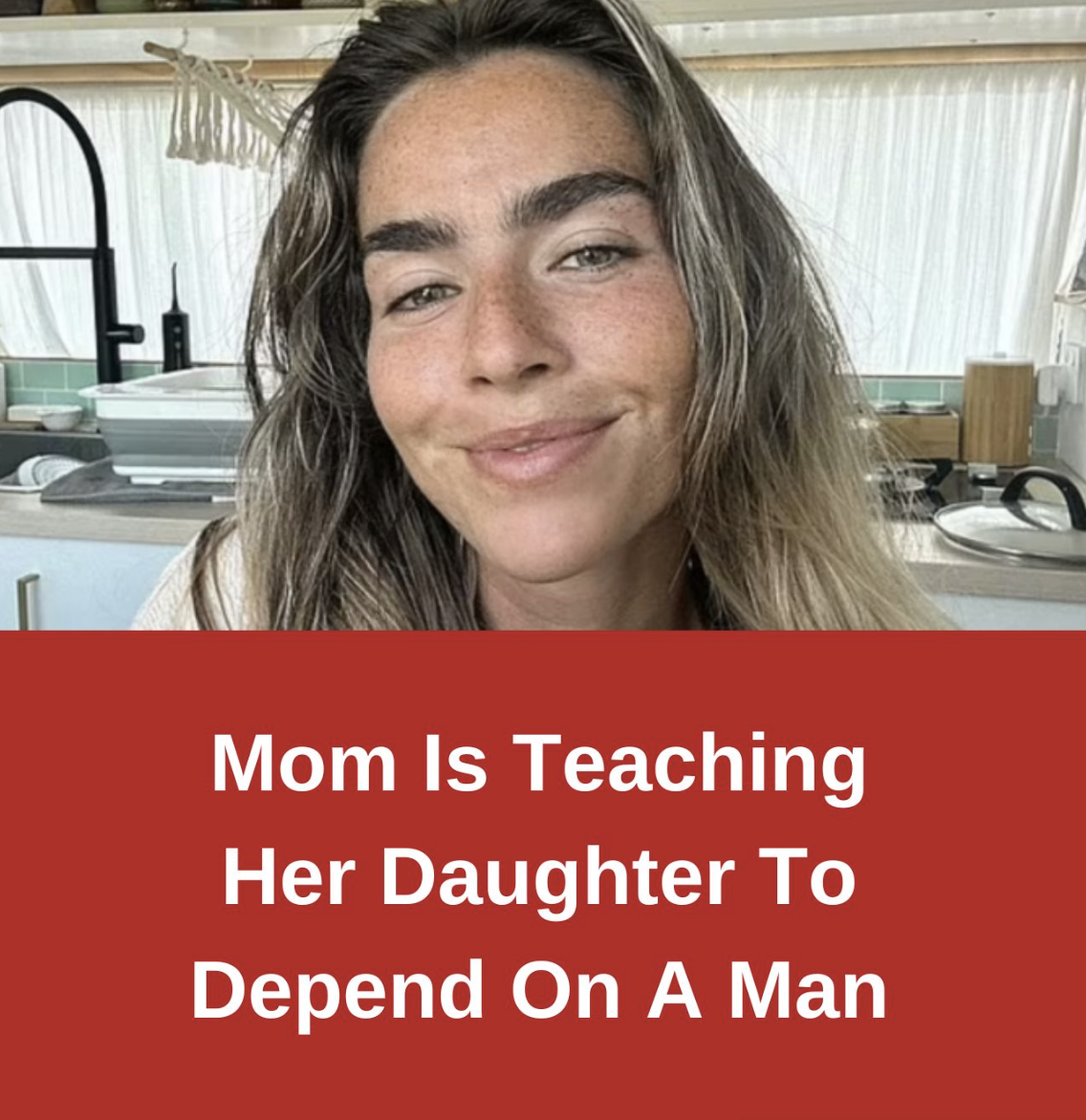
In today’s quickly changing world, parenting practices and ideas differ greatly, frequently causing passionate arguments and conflicts. Jasmine Dinis, an Australian stay-at-home mother, recently became embroiled in a controversy after publicly stating her intention to raising her kid with conventional values.
Jasmine, a self-described “traditional wife,” caused quite a stir when she exposed her parenting style, emphasizing the need of teaching her young daughter to prioritize serving her family before eventually relying on her future spouse. Her unique ideas, which she presented in an internet video, drew a lot of attention, with many people voicing their support and condemnation.
With over 145,000 followers on social media platforms such as TikTok and Instagram, Jasmine shares glimpses into her life while promoting what she calls “traditional motherhood and marriage.” However, her message was not well received by everyone.

Critics were eager to bring out what they saw as antiquated and potentially dangerous attitudes, particularly the belief that a woman’s primary function is to serve her husband and bear children. Some stated that Jasmine’s parenting approach was retrograde and contradictory to feminist beliefs, implying that women should be able to pursue education and occupations of their own choosing.
“In a world full of women teaching their children that their only goal is to go to university, get a good job and make money, I’m teaching my little girl to live a slow life, to be a biblical woman that wants a husband and a beautiful family that she can serve daily,” Jasmine explained in her video.
Despite the backlash, Jasmine remains steadfast in her beliefs, asserting that true joy comes from embracing traditional family values and prioritizing the role of wife and mother over a career. However, her critics argue that such an approach limits a woman’s potential and autonomy, urging Jasmine to consider the importance of allowing her daughter to make her own choices and pursue her own aspirations.
The controversy surrounding Jasmine’s parenting approach highlights broader societal debates about gender roles, feminism, and individual autonomy. While some view Jasmine’s commitment to traditional values as admirable and empowering, others see it as restrictive and potentially harmful, particularly for young girls who may feel pressured to conform to outdated stereotypes.

Despite her divisive ideas, Jasmine has gotten support from some sectors. Admirers applaud her efforts to create a supportive home environment, arguing that prioritizing family life is empowering.
Finally, Jasmine’s parenting experience raises critical concerns regarding the variety of perspectives in modern parenting, as well as the persistent conflict between conventional values and progressive goals. As society evolves, discussions about gender roles and family relations are likely to remain at the forefront, forcing us to rethink and reinvent what it means to be a parent in the twenty-first century.















